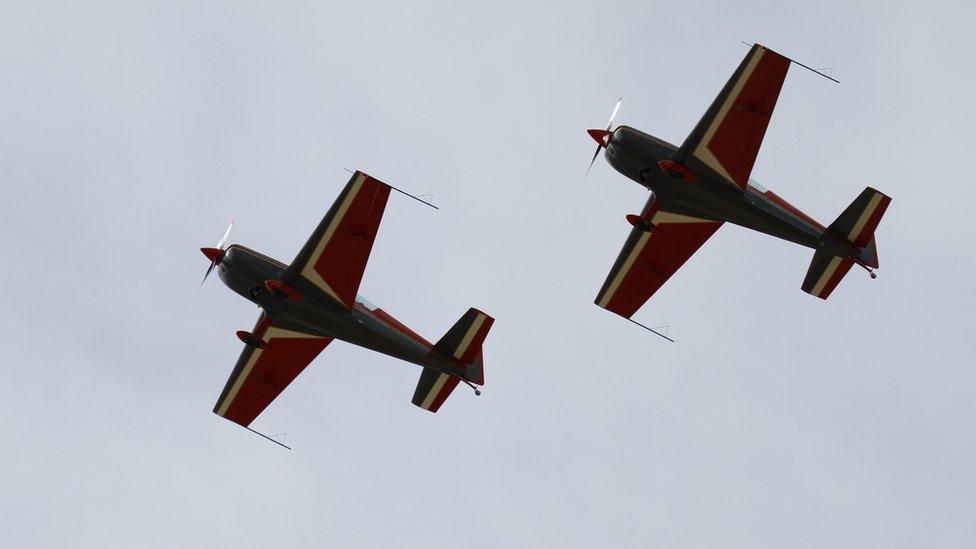Spitfire and Cessna 340 avoided collision by chance, report says
- Published
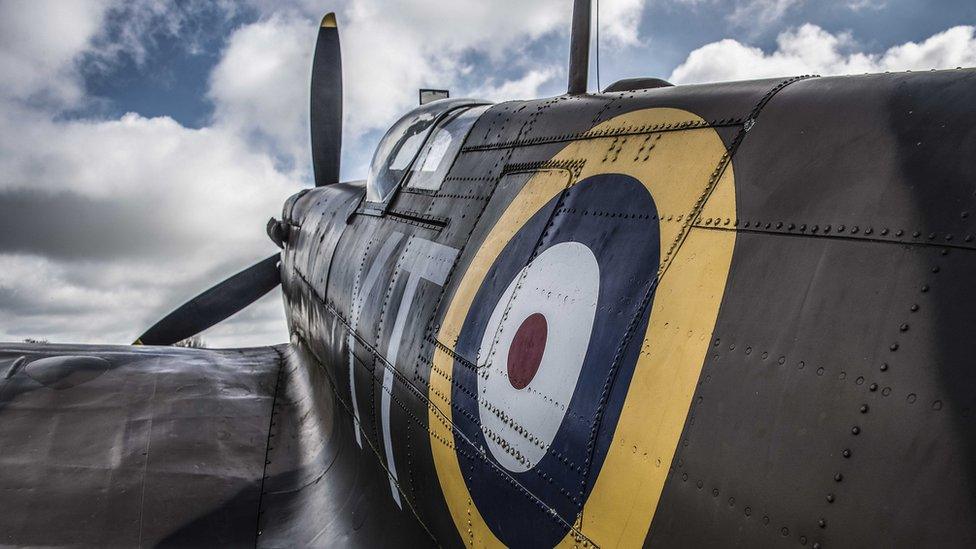
Pilots of a Spitfire, similar to the aircraft pictured, and a Cessna 340 did not have time to react when they got close to each other, the report said
Two aircraft that came within 185m (607ft) of each other "avoided a collision purely by chance", a report said.
The Spitfire T9 and Cessna 340 were flying near Kettering, Northamptonshire, on 28 October 2021 when the incident happened.
An Airprox Board report said neither aircraft was "equipped with any form of electronic conspicuity equipment".
It added that both pilots were relying on their lookouts to detect aircraft.
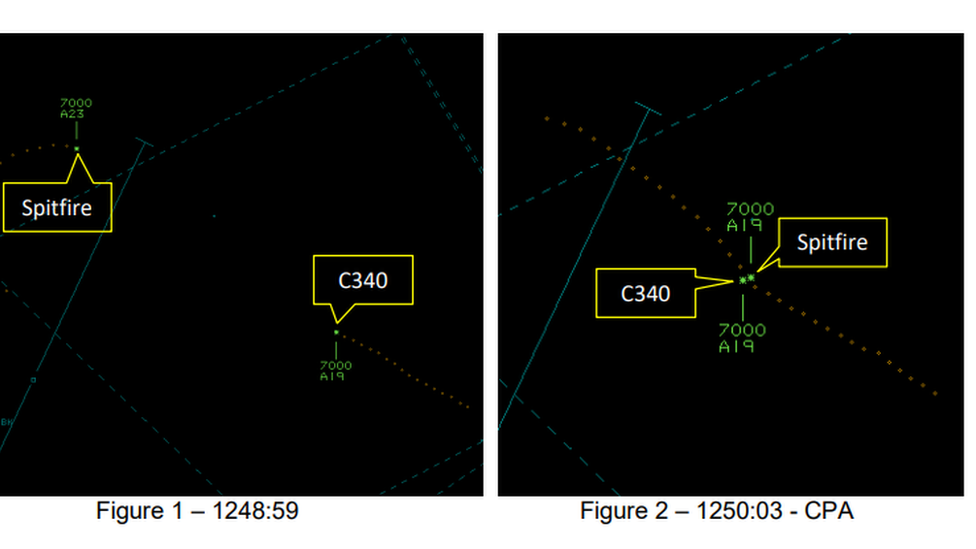
Data from the National Air Traffic Services showed the two aircraft came within 0.1 nautical miles of each other at 1,900ft
The Spitfire was in a right-hand, descending turn prior to the near-miss which meant the Cessna 340 "would have probably been obscured" from the pilot's view by the nose of their aircraft, the report, external said.
"This had led to the Spitfire pilot not sighting the C340 until it had been too late to take any meaningful action to increase separation," it added.
The report said the Cessna 340 also "had not sighted the Spitfire until it had been too late to manoeuvre to increase separation".
Data from the National Air Traffic Services (NATS) said the separation between the two aircraft was 0.1 nautical miles (185m) and there was no vertical separation.
The report said: "The board quickly agreed that a risk of collision had existed, but there followed a lengthy discussion on whether or not the aircraft had avoided a collision purely by chance or if the actions of one or both of the pilots had introduced a degree of separation.
"After further debate, the board agreed that neither pilot had had the time to materially affect the separation and that providence had played a major part in events."
The board deemed the near-miss to be of the highest risk category.

Find BBC News: East of England on Facebook, external, Instagram, external and Twitter, external. If you have a story suggestion email eastofenglandnews@bbc.co.uk, external
Related topics
- Published3 December 2021
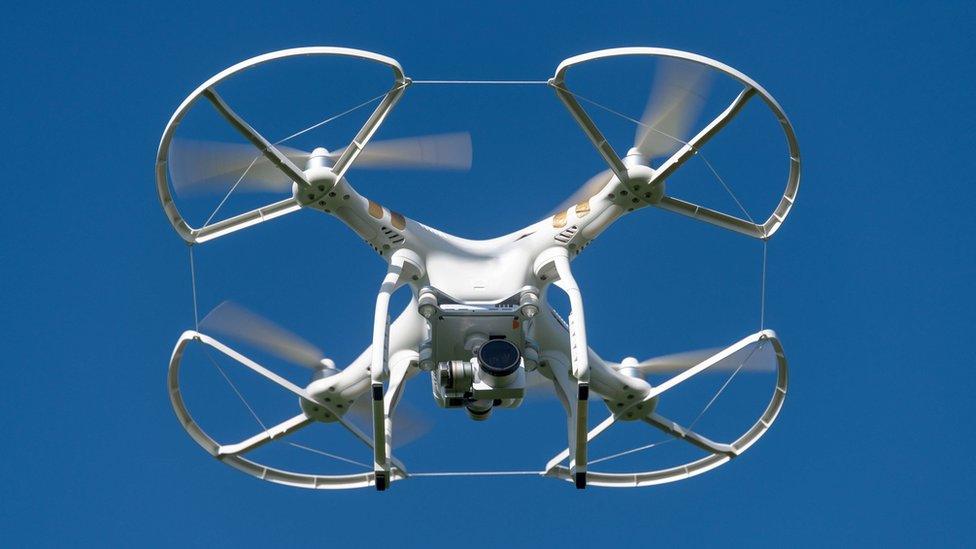
- Published12 August 2021
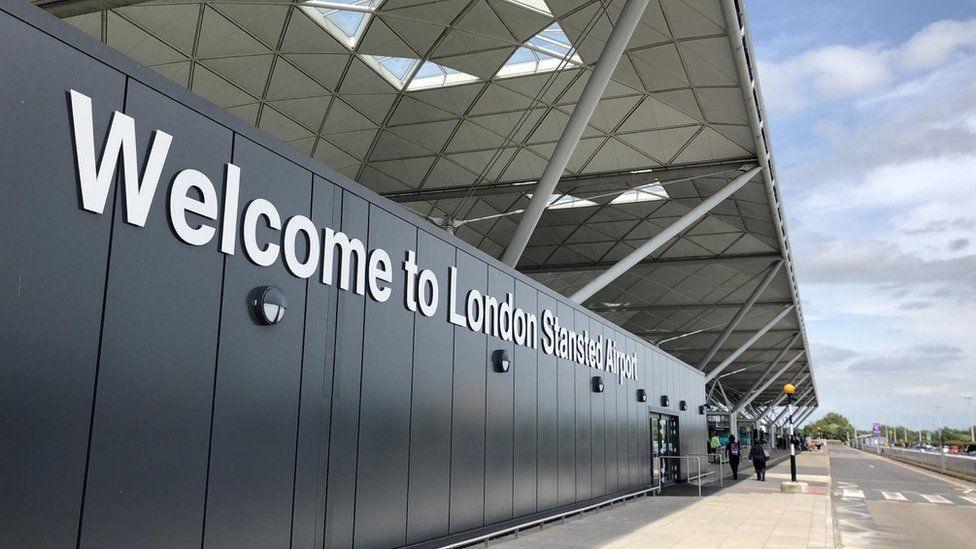
- Published31 May 2021
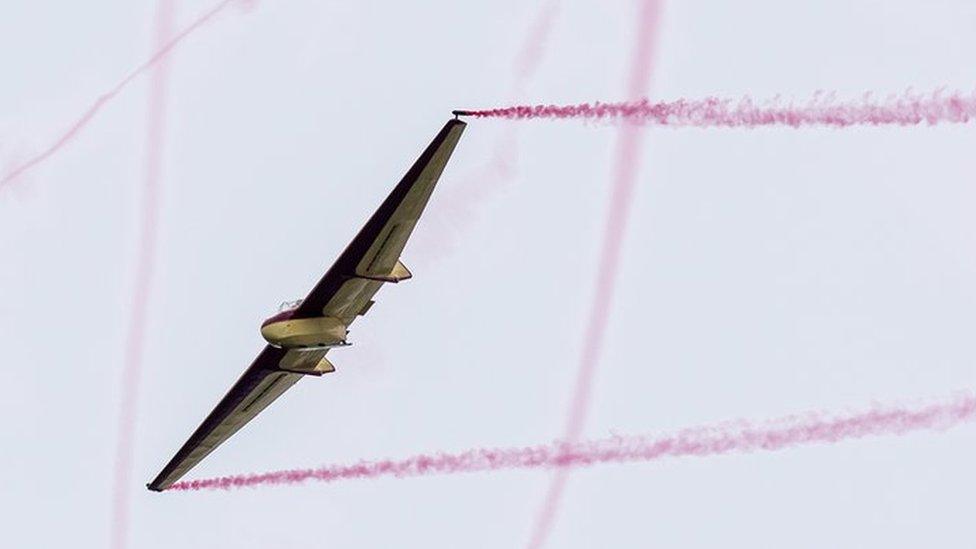
- Published4 March 2020
